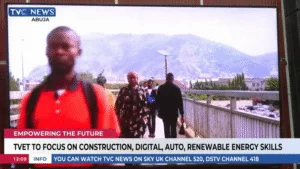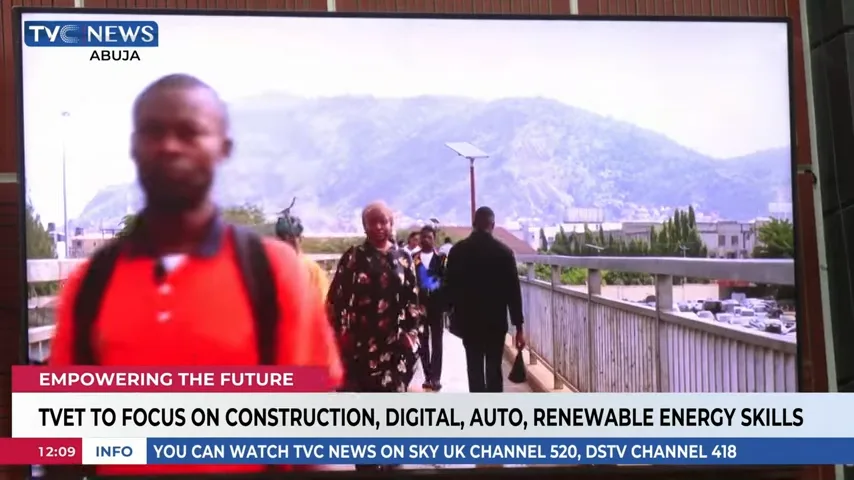In a country where the promise of education often ends with unemployment, the Technical and Vocational Education and Training (TVET) Program has emerged as a quiet revolution. It’s not just a policy — it’s a lifeline for thousands of young Nigerians eager to turn knowledge into livelihood.
At its core, TVET is about doing. It’s about transforming raw potential into practical ability, giving young people the tools to fix, build, create, and innovate. By focusing on hands-on experience rather than theory alone, the program bridges the dangerous gap between schooling and employability — a gap that has trapped too many graduates in joblessness.

TVET Initiative — Key Information (Insertable WordPress Table)
| Category | Details |
|---|---|
| Program Name | Technical and Vocational Education and Training (TVET) Initiative |
| Supervising Body | Federal Ministry of Education, Nigeria |
| Partner Agency | National Board for Technical Education (NBTE) |
| Program Duration | Short-Term Certificate (6 months) / Vocational Education & Innovation (1 year) |
| Training Type | Hands-on technical and vocational skill development |
| Support Offered | Free tuition, monthly stipends, start-up grants, and access to business loans |
| Eligibility | Open to school leavers, artisans, and individuals with prior informal training |
| Focus Areas | Electrical installation, welding, fashion design, ICT, plumbing, carpentry, agriculture, and more |
| Goal | To close Nigeria’s skills gap and empower youth for employment or entrepreneurship |
| Official Website | https://tvet.education.gov.ng |
What makes TVET remarkably effective is its human-centered design. The program doesn’t assume everyone starts from the same point. Whether you’re a school leaver, an apprentice, or a self-taught mechanic, there’s a training path tailored to your journey. This inclusiveness reflects a deeper truth — that education isn’t one-size-fits-all.
Through partnerships with federal and state technical colleges, accredited private centers, and community institutions, TVET ensures that learning happens where it matters most — in real workshops, with real tools, under real conditions. It’s not abstract theory; it’s electricity wiring, welding sparks, computer repair, and garment stitching. It’s learning that sticks because it’s lived.
The vision goes beyond simple job training. TVET’s mission is to build self-reliance — a Nigeria where young people aren’t just job seekers but job creators. By providing monthly stipends, start-up packs, and access to low-interest loans, the initiative makes sure graduates can hit the ground running. This blend of empowerment and practicality makes TVET more than just an education program — it’s a pathway to dignity.
Experts have noted that countries like Germany, South Korea, and Singapore rose economically through strong vocational systems. By aligning Nigeria’s model with these global benchmarks, TVET is positioning the nation for similar success. By integrating AI-driven industry insights, training curricula are being adapted to match real labor market needs — from renewable energy to digital media.
The results are already visible. In communities where young people once saw migration as their only hope, they’re now opening welding shops, tailoring businesses, and ICT centers. Each graduate represents not just a personal success story, but a spark of national renewal.
Of course, challenges remain — funding consistency, facility upgrades, and scaling the program nationwide. But there’s momentum. Every class that graduates becomes proof that vocational training can reshape the nation’s economic DNA.
TVET isn’t about fancy degrees; it’s about usable knowledge. It’s the difference between knowing how to read about a machine and knowing how to fix it. In a fast-changing world where skills are currency, Nigeria’s investment in TVET may well be its smartest economic bet yet.
By giving young Nigerians the skills that matter, the Federal Ministry of Education isn’t just teaching — it’s transforming. And if this momentum continues, TVET will not only train workers but will build the architects of Nigeria’s future.

